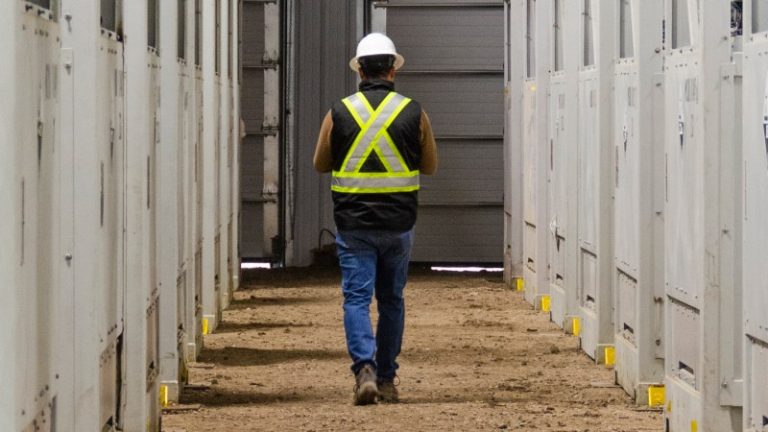Balfour Beatty profits hit by cost of US military housing scandal
Balfour Beatty, Britain’s biggest building group, is still counting the cost of lying to the US military three years ago about repair work on thousands of soldiers’ homes.
Operating profits at the FTSE 250 group dipped 4 per cent to £77 million in the six months to the end of June, down from £80 million in the same period of last year. That was despite a 3 per cent rise in revenues to £4.68 billion from £4.53 billion.
Balfour blamed two factors for the drop. As well as a last-minute cancellation of a contract to build a block of student flats in the UK, the company was also hit by the increased cost of an independent compliance monitor at its US military housing business.
Balfour owns and looks after 43,000 military homes in America but admitted in 2021 that it had lied about carrying out repairs in order to boost bonus payments. In addition to a £49 million fine, the US Department of Justice insisted that a monitor be appointed to oversee its work.
“[The monitor] can appoint other people to assist, and so in our case it has hired a team of lawyers and other people to help,” Leo Quinn, Balfour chief executive, explained.
The company’s half-year operating profit came in 10 per cent shy of what City analysts had forecast, which pushed the shares down 10¼p, or 2.5 per cent, to 399½p on Wednesday.
Balfour Beatty builds everything from power stations and roads to theme park rides, including the new Tiana’s Bayou Adventure at Disney’s Magic Kingdom in Florida. It is also one of the main beneficiaries of big contracts such as the Hinkley Point C nuclear power station and the HS2 high-speed rail line between London and Birmingham.

Its fortunes have improved under the leadership of Quinn, who joined as its chief executive a decade ago when things were so bad that it had become a takeover target for Carillion, the industry rival that collapsed four years later.
After a tough couple of years, affected by the gloomy global economic outlook, Quinn, 67, is much more upbeat about the future, having focused the business largely on helping governments with the green energy transition.
“There’s real momentum, primarily because we’re in the right places at the right time,” he said. “The markets in which we’re playing are becoming capacity constrained. The next decade for infrastructure and for Balfour Beatty is going to be the peak of what we’ve been preparing for for the past ten years. 2024 is solid, 2025 is going to be exciting and 2026 and beyond is going to be a bit racy.”
Balfour has a £16.6 billion order book, which includes contracts with the likes of National Grid, SSE, Disney and Rolls-Royce.
The company will pay £60 million in dividends this year and buy back £100 million worth of its own shares. The half-year dividend, to be paid on December 6, has been increased by 9 per cent to 3.8p per share.
Building groups operate on wafer-thin profit margins, which leave little room for error. Balfour Beatty fattened its UK construction margin to 2.3 per cent in the first half of this year, up from 2 per cent last summer.
Quinn, who wants to get margins back up to 3 per cent eventually, said the improvement has come from “better risk management”. For example, Balfour turned down the chance to help Universal Studios build its UK theme park in Bedfordshire. “In the US, the risk [if something goes wrong] lies entirely with your subcontractors, but in the UK, that risk goes to the main contractor,” he said.






